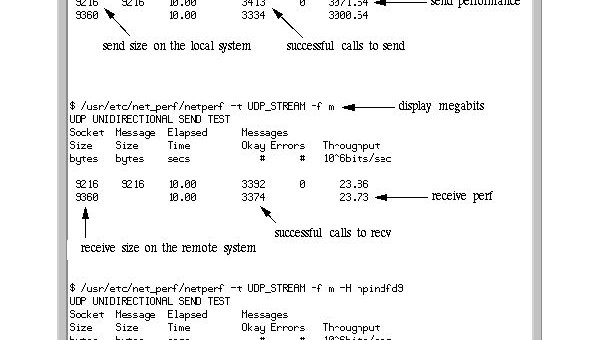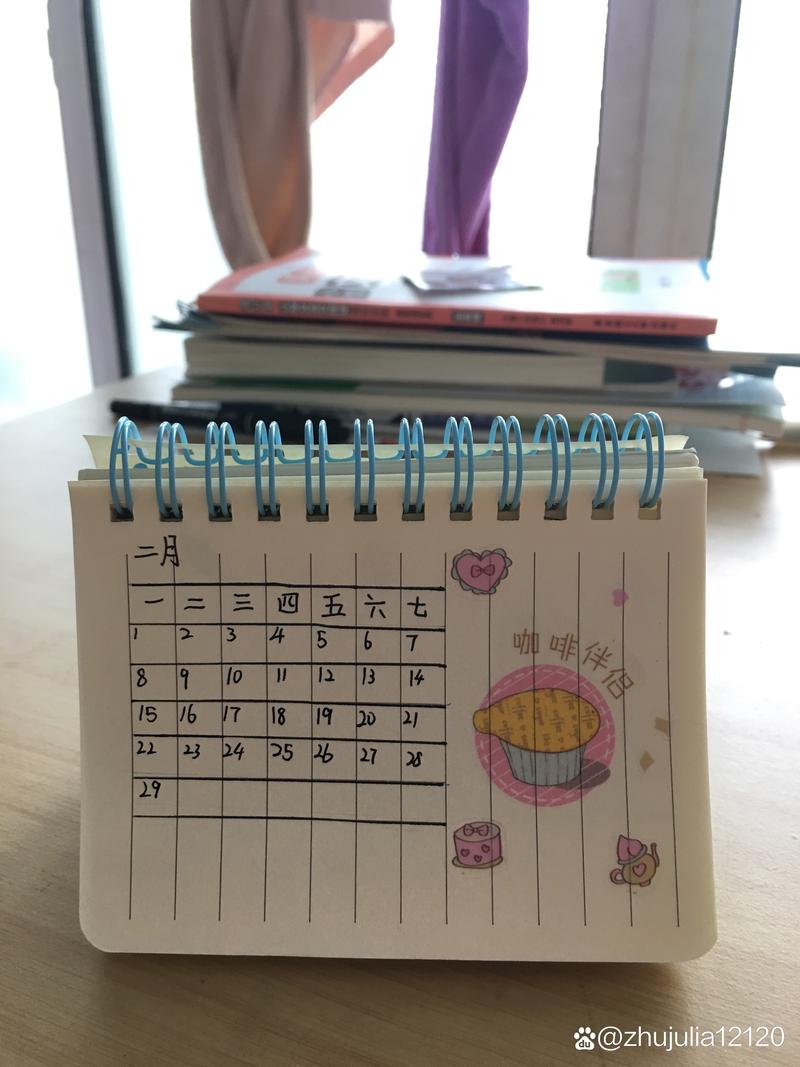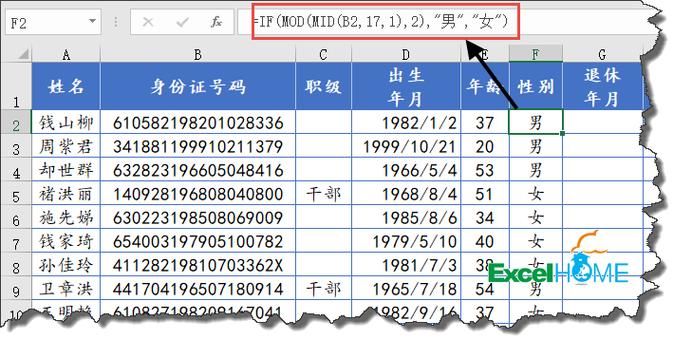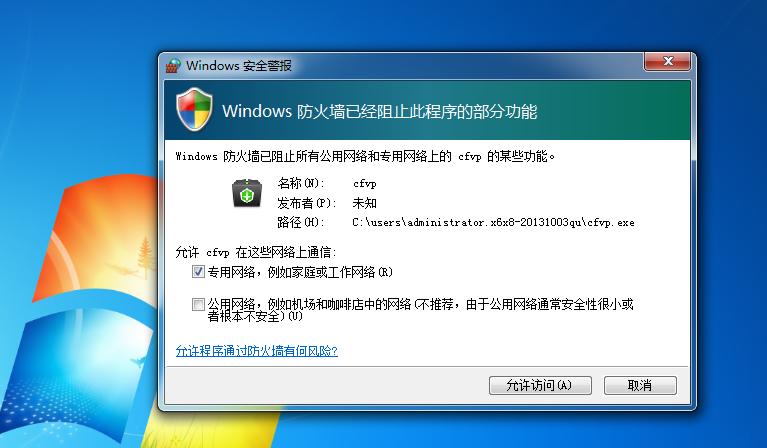扩展后的方法说明
扩展后的replace()方法的功能:去掉字符串中的指定字符串,并返回去掉后的子字符串,替换时可设置是否区分大小写
传参说明
myString:原字符串
oldSubStr:要替换的子字符串
newSubStr:替换后的子字符串
count:要替换的次数,默认为-1(负数-全部替换,0-不替换,1-替换第1个,n-替换前n个)
caseSensitive:1-区分大小写,其他-不区分大小写
源码
def myReplace(myString, oldSubStr, newSubStr, count=-1, caseSensitive='1'):
# 处理传参,不合法的时候强制转换为需要的类型
oldSubStr = str(oldSubStr)
newSubStr = str(newSubStr)
myString = str(myString)
if not isinstance(count, int):
count = -1
# oldSubStr为空时不做替换,直接返回原字符串
if oldSubStr == '':
return myString
# 区分大小写时,直接调用replace()方法处理
if str(caseSensitive) == '1':
myString = myString.replace(oldSubStr, newSubStr, count)
return myString
# 不区分大小写时,oldSubStr在myString中不存在
# countSubString()方法见另外一篇文章:
tem = countSubString(oldSubStr, myString, '1')
if not tem['flag']:
return myString
# 不区分大小写时,oldSubStr在myString中存在
oldSubStr = oldSubStr.lower()
if count == 0:
return myString
elif count < 0:
for i in tem['index_start']:
myString = oldSubStr.join(myString.split(myString[i:i + len(oldSubStr)]))
else:
for i in tem['index_start'][:count]:
myString = oldSubStr.join(myString.split(myString[i:i + len(oldSubStr)]))
myString = myString.replace(oldSubStr, newSubStr, count)
return myString
测试结果
# 引用
if __name__ == '__main__':
print('结果1:', myReplace('China will be a STRONG country!', 'will', 'must',-1,'0'))
print('结果2:', myReplace('China will be a STRONG country!', 'will', 'must',0,'0'))
print('结果3:', myReplace('China will be a STRONG country!', 'strong', 'stronger',-1,'1'))
print('结果4:', myReplace('China will be a STRONG country!', 'strong', 'stronger',-1,'0'))
print('结果5:', myReplace('China will be a STRONG country!', 't', '-t-',1,'0'))
print('结果6:', myReplace('China will be a STRONG country!', 't', '-t-',2,'0'))
print('结果7:', myReplace('China will be a STRONG country!', '!', '',-1,'0'))
print('结果8:', myReplace('China will be a STRONG country!', '', '',-1,'0'))
print('结果9:', myReplace('China will be a STRONG country!', 'abc', '',-1,'0'))
print('结果10:', myReplace('China will be a STRONG country!', ' ', '',-1,'0'))
print('结果11:', myReplace('China will be a STRONG country!', ' ', '',2,'0'))
print('结果12:', myReplace('China will be a STRONG country!', ' ', '',10,'0'))
# 结果
结果1: China must be a STRONG country!
结果2: China will be a STRONG country!
结果3: China will be a STRONG country!
结果4: China will be a stronger country!
结果5: China will be a S-t-RONG country!
结果6: China will be a S-t-RONG coun-t-ry!
结果7: China will be a STRONG country
结果8: China will be a STRONG country!
结果9: China will be a STRONG country!
结果10: ChinawillbeaSTRONGcountry!
结果11: Chinawillbe a STRONG country!
结果12: ChinawillbeaSTRONGcountry!
海报
125






